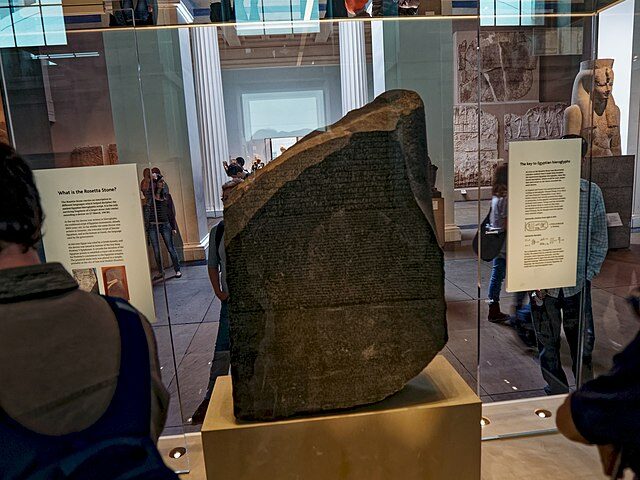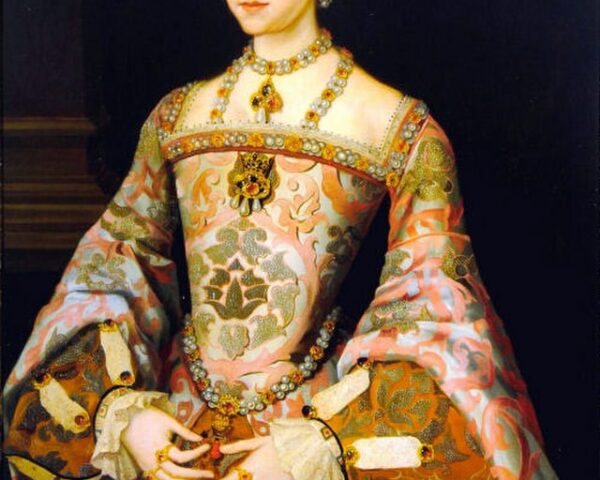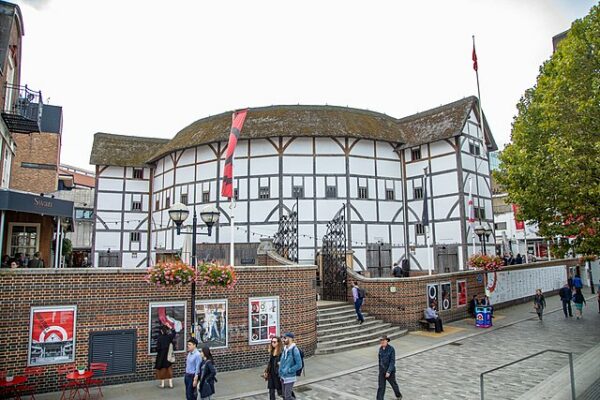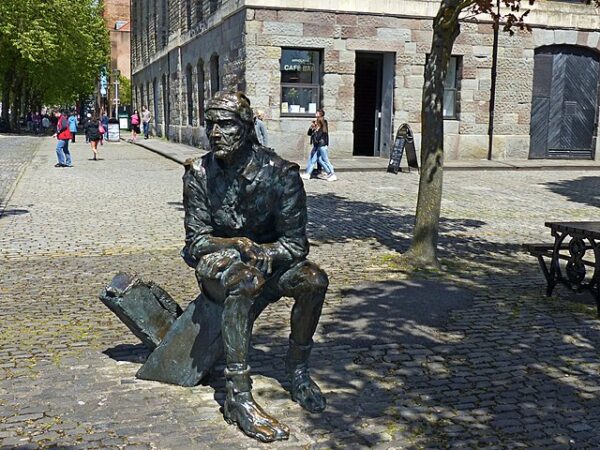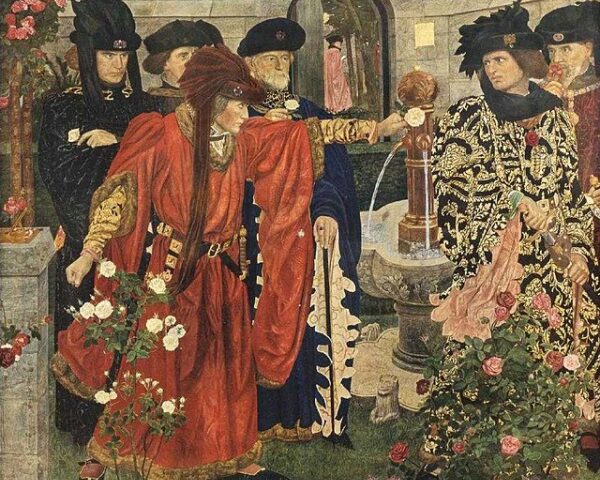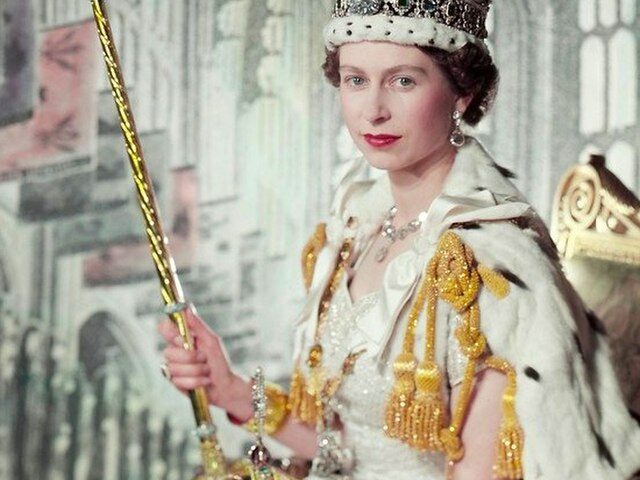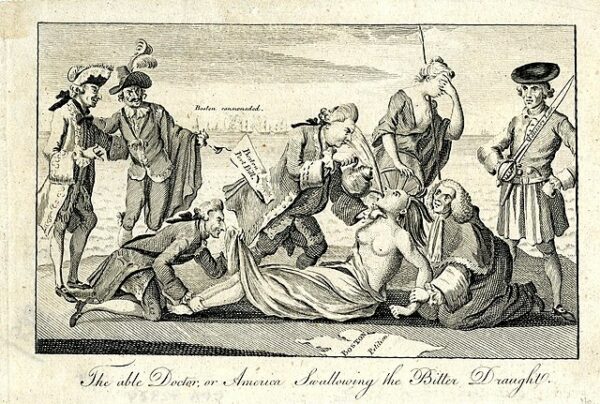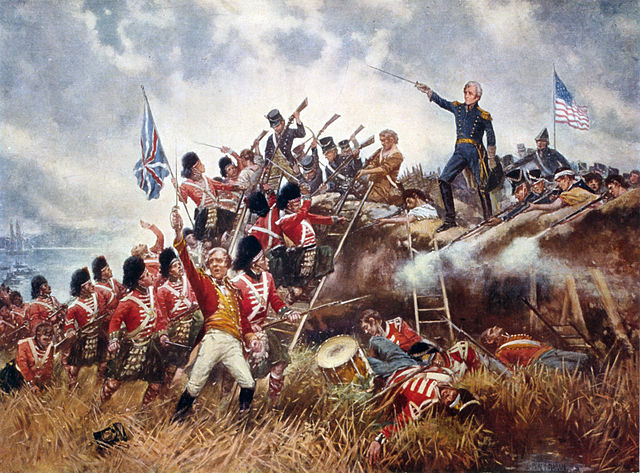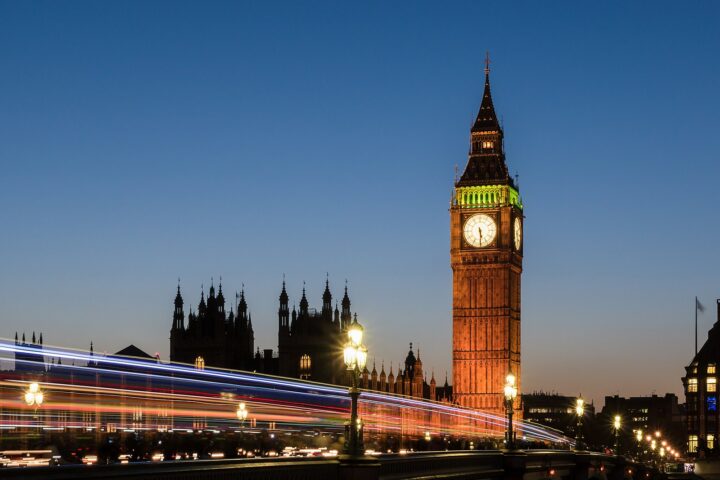On July 15, 1799, during Napoleon Bonaparte’s military campaign in Egypt, a French soldier stumbled across a huge black stone with ancient writing near the town of Rosetta, about 35 miles east of Alexandria. Made of black basalt with the writing of an ancient…
Read MoreOn July 12, 1543, in a private ceremony at Hampton Court Palace, King Henry VIII of England wed Catherine Parr, the sixth and final queen consort of his turbulent reign. A widow twice over and nearly a decade younger than the aging monarch, Catherine…
Read MoreThe Globe Theatre, an iconic symbol of the English Renaissance and intimately associated with William Shakespeare, experienced a devastating fire on June 29, 1613. This fire not only obliterated a physical landmark of Elizabethan theater but also marked a significant moment in the history…
Read MoreOn June 26, 1945, the world came together to create the United Nations, marking a pivotal moment in international diplomacy. In the auditorium of the Herbst Theater in San Francisco, delegates from 50 nations gathered together in hopes of creating an organization that would…
Read MoreOn June 24, 1497, John Cabot, an Italian navigator commissioned by King Henry VII of England, became the first European to lead an expedition to North America since the Norse explorations of Vinland. His historic landing stood as a pivotal moment in the era…
Read MoreThe Battle of Stoke Field, fought on June 16, 1487, ended one of the longest, most important wars in English history, the Wars of the Roses, a protracted series of civil wars that engulfed the country for over three decades. The seeds of the…
Read MoreOn June 2, 1953, the world watched intently as Queen Elizabeth II officially received her crown. Elizabeth’s coronation occurred while her country still had scars from World War II. NPR writes that “the start of the 25-year-old’s reign was widely seen as the dawn…
Read MoreOn June 2, 1774, the British Parliament passed a series of stringent measures known as the Intolerable Acts, also called the Coercive Acts, aimed at quelling growing unrest in the American colonies, particularly Massachusetts. This decisive action followed the infamous Boston Tea Party of…
Read MoreOn June 1, 1812, President James Madison asked Congress to grant him the authority to go to war with England, a risky move against a global power that nearly cost the young United States its independence, saw the White House burned, and propelled General…
Read MoreOn May 31, 1859, the iconic clock tower now known as Big Ben began to keep time for the first time. Located at the north end of the Palace of Westminster in London, the tower has since become one of the most recognizable symbols…
Read More

